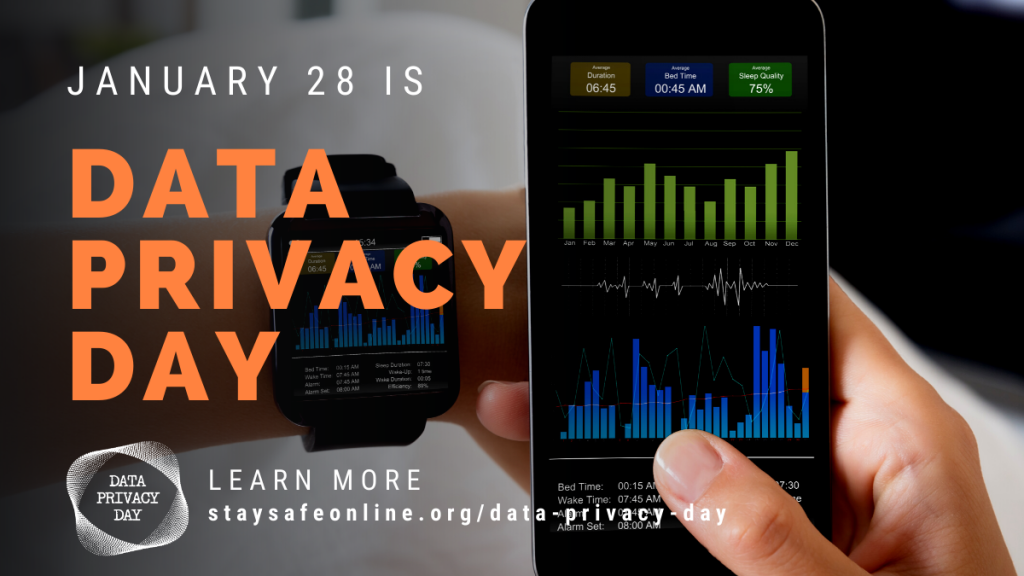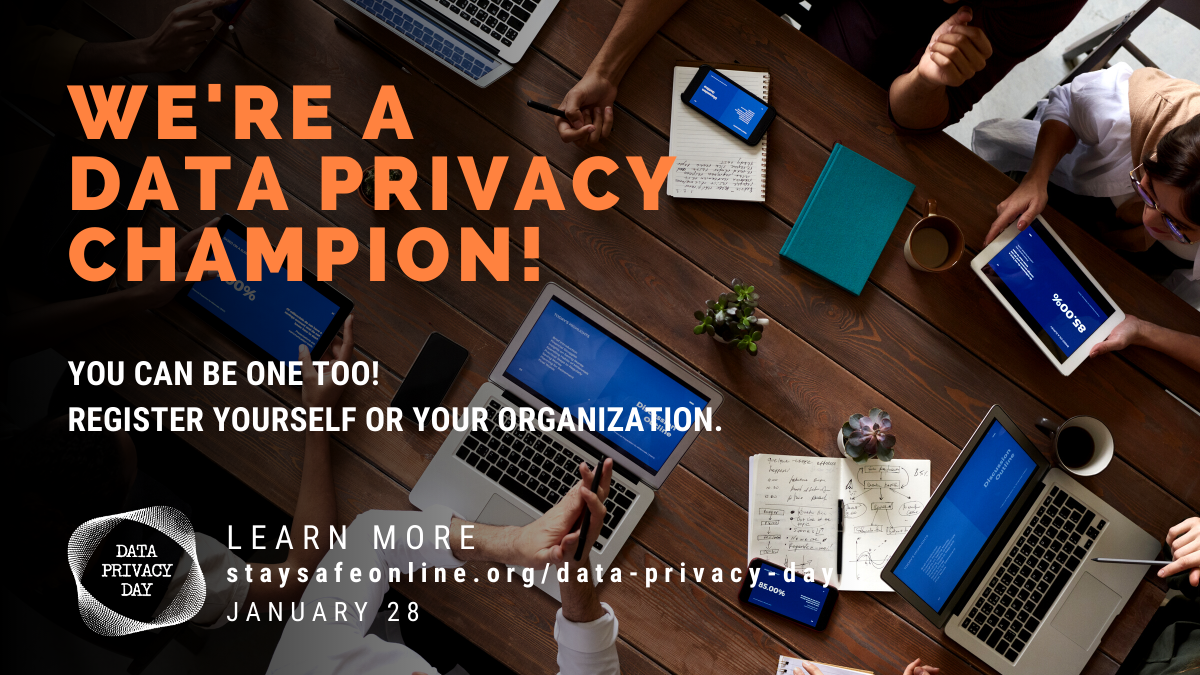
Led by the National Cyber Security Alliance (NCSA), Data Privacy Day – held every year on January 28 – commemorates the 1981 signing of Convention 108, the first legally binding international treaty dealing with privacy and data protection. Data Privacy Day (DPD) began in the United States and Canada in January 2008 as an extension of Data Protection Day in Europe. DPD brings together businesses and private citizens to share the best strategies for protecting consumers’ private information.
Data Privacy Day’s 2020 theme is “Own Your Privacy.”
Each year, data breaches continue to grow in size and scope – exposing consumers’ sensitive, personal information and businesses’ valuable data. Against this backdrop, Data Privacy Day helps spread awareness about privacy and educates citizens on how to secure their personal information. It also works to encourage businesses to be more transparent about how they collect, store and use data.
“With the California Consumer Privacy Act going into effect in January 2020, this year’s Data Privacy Day couldn’t be more timely for increasing awareness among businesses and consumers about the importance of respecting and protecting personal information,” said Kelvin Coleman, executive director of NCSA. “With the tremendous growth of businesses collecting and using personal data and millions of customers putting private information online, Data Privacy Day works to encourage businesses to improve data privacy and security practices and educate consumers about the many ways their personal information can be used and shared.”


Most households now run networks of devices linked to the internet, including computers, gaming systems, household assistants, home robots, TVs, tablets, smartphones and wearables. These devices make it easier to connect to the world around you, but they can also track your personal information, including your contacts, photos, videos, location and health and financial data.
As the issue of privacy become better known to the public, consumers are becoming more concerned about who will access their information and why. Here are some consumer-friendly tips to help protect your privacy:

Protecting your customers’ privacy is a competitive advantage. Respecting consumers’ privacy is a smart strategy for inspiring trust and enhancing reputation and growth. Here are some tips for organizations to promote, achieve and maintain privacy:
The Data Privacy Day Champions represent those dedicated to empowering individuals and encouraging businesses to respect privacy, safeguard data and enable trust. Champions include companies and organizations of all sizes, schools and school districts, colleges and universities, nonprofits, government organizations and individuals.
